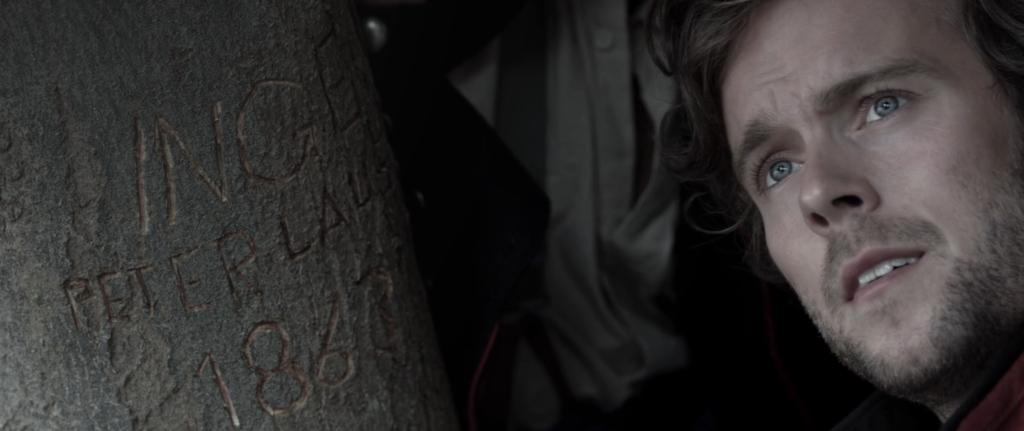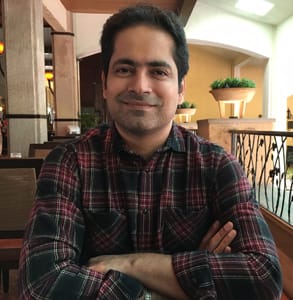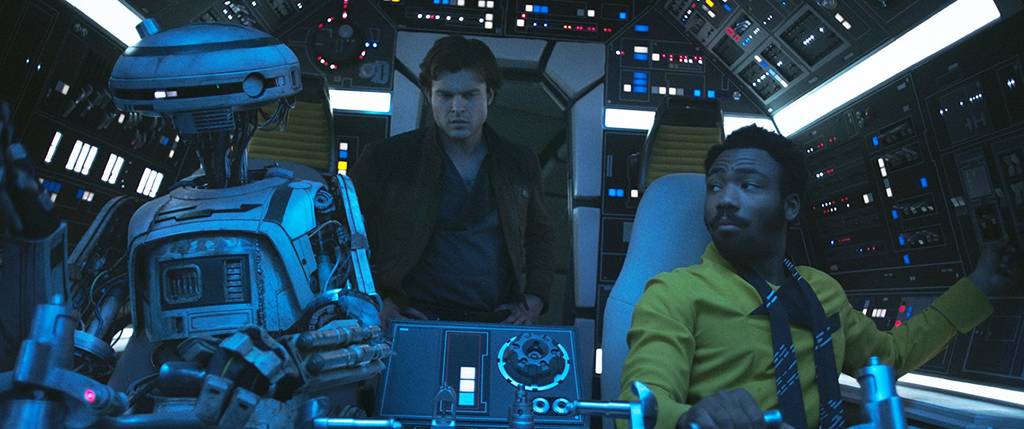 Film Matters had the immense pleasure of discussing Screening Statues: Sculpture and Cinema (Edinburgh UP, 2017) with its one of its coauthors, Vito Adriaensens, in summer 2018. Comprising a variety of topics central to the intermedial crossroads of sculpture and cinema, Screening Statues is a highly investigative text delineating the confluence of sculptural models and film. Adriaensens generously made time out of a busy schedule as a visiting scholar and adjunct professor at Columbia University, in which to further discuss his contributions. Each of his fellow coauthors — Steven Jacobs, Susan Felleman, and Lisa Colpaert — offers his/her own discussions based on respective areas of research, as Adriaensens’s background in intermedial studies primes his own discussions of animated statuary in both horror and peplum films. While leaving room for further expansion, Screening Statues is a key textual resource in exploring the ongoing relationship between sculpture and cinema. The text is split into two parts. The first of which outlines various historiographic topics of statuary aestheticism from each of the contributing authors, while the latter section provides an extensive reference gallery of 150 films.
Film Matters had the immense pleasure of discussing Screening Statues: Sculpture and Cinema (Edinburgh UP, 2017) with its one of its coauthors, Vito Adriaensens, in summer 2018. Comprising a variety of topics central to the intermedial crossroads of sculpture and cinema, Screening Statues is a highly investigative text delineating the confluence of sculptural models and film. Adriaensens generously made time out of a busy schedule as a visiting scholar and adjunct professor at Columbia University, in which to further discuss his contributions. Each of his fellow coauthors — Steven Jacobs, Susan Felleman, and Lisa Colpaert — offers his/her own discussions based on respective areas of research, as Adriaensens’s background in intermedial studies primes his own discussions of animated statuary in both horror and peplum films. While leaving room for further expansion, Screening Statues is a key textual resource in exploring the ongoing relationship between sculpture and cinema. The text is split into two parts. The first of which outlines various historiographic topics of statuary aestheticism from each of the contributing authors, while the latter section provides an extensive reference gallery of 150 films.
Matthew Johnson: It’s a pleasure to have the opportunity to discuss the recent release of your coauthored text Screening Statues: Sculpture and Cinema. The subjects and discussions within this publication are markedly intriguing and engaging. We would be curious to know more of your experience in working with a collective of fellow authors in fleshing out this material. Has it been beneficial to approach this work as a collaborative venture? Had you envisioned your material alongside the contributions of others, or did this coauthorship develop out of previous, individual works?
Vito Adriaensens: The book is one of a few outputs generated by a research project that Steven, Susan, Lisa, and I worked on from 2010 to 2014 at the School of the Arts, University College in Ghent, concerned with the visualization of art and artists in cinema. We quickly identified a number of tropes that ran across media and spilled over from visual and performing arts onto film, and we set out to bring them together and see where they stood within the realm of film history. Right away, for instance, the prominence of paintings in American films of the 1940s and 1950s caught our eye, and this resulted in the 2014 book The Dark Galleries: A Museum Guide to Painted Portraits in Film Noir Gothic Melodramas and Ghost Stories of the 1940s and 1950s (Steven Jacobs and Lisa Colpaert, Ghent: AraMER). Working simultaneously on early cinema, I had been aware of the large amount of tableaux vivants and living statues used as transformational props, plot points, gags, and for pure aesthetics, and the continuity of motifs such as the Pygmalion myth and spaces such as the wax museum (the place for confusion between wax and flesh). We saw these motifs and others run through the whole of film history and translated them into chapters that correlated with our singular experiences. Since we had over a thousand films on our list, Lisa and I also decided to invest in a second part of the book, The Sculpture Gallery, a collection of short texts for one hundred fifty films that engage with sculpture in interesting ways, and we did not have room to discuss all of these in the book chapters. As such, Screening Statues was always perceived as a collaborative work, indeed because it took a substantial amount of time working together to identify the material and the tropes, and to compile a Sculpture Gallery that was well balanced. Continue reading →
















































